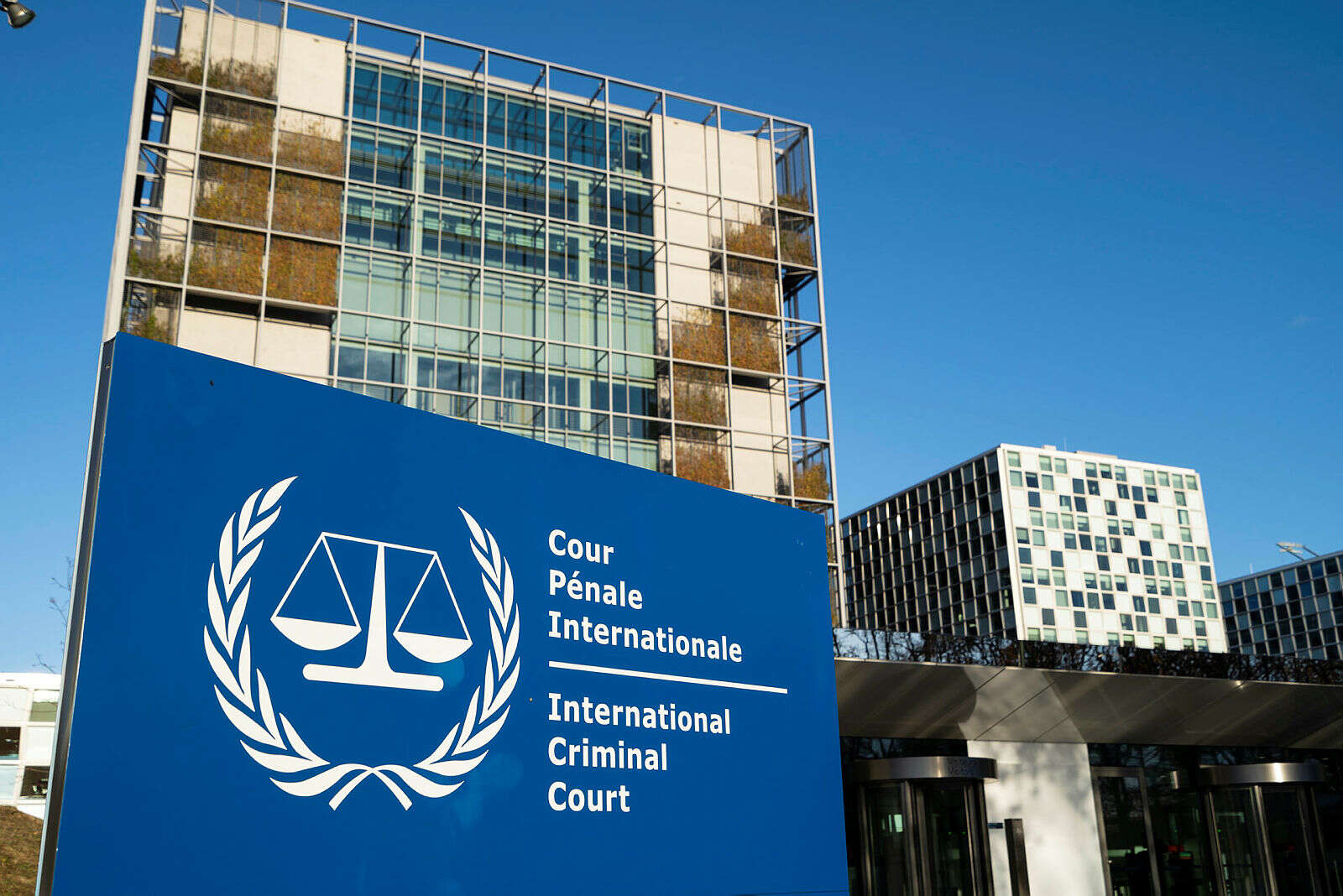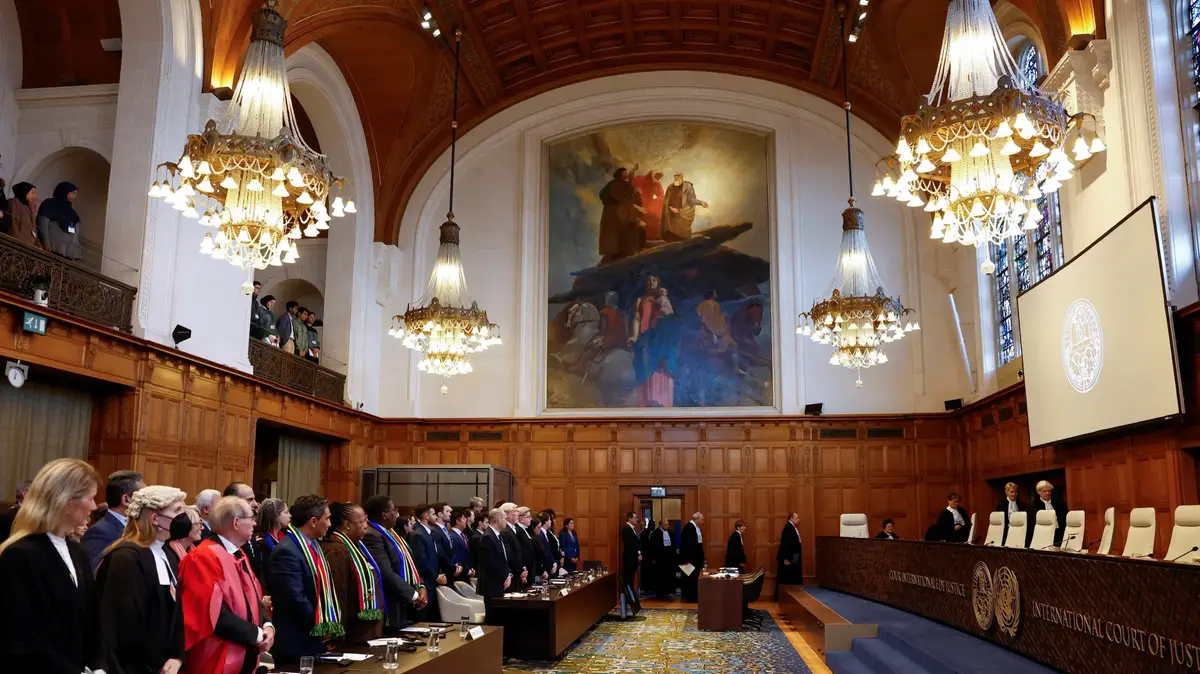Israel's international and regional standing has never been better.
Its military and economic power has made it a country that everyone seeks its closeness and help.
The war in Ukraine contributed to this, and even earlier the intensifying Iranian threat, which helped to establish and strengthen the ties between Israel and most Arab countries, as well as with European countries, which in the past were among our biggest critics.
For those Israelis who went as far as Qatar to look for friends and were not satisfied with watching the World Cup, it became clear that although the Arab street is far from showing towards Israel the same sympathy and warmth that its rulers show towards it - but it also accepts and reconciles with the fact of Israel's existence, and in fact with its victory in the historic struggle waged against it by the Arabs throughout the century the former
It is possible that the hostility he shows towards those Israelis, who insist on imposing warmth and love on him, stems from his frustration with the Israeli success where the Arabs have failed.
But it was Israel's first prime minister, David Ben-Gurion, who came back and claimed that Israel's future depends not only on its strength and power, but also on its righteousness.
That is, in our and the world's recognition, at least the enlightened and democratic one, of the legitimacy of Israel and its policies and actions.
This legitimacy has been under attack by the Palestinians and their supporters for years, but its waves often crash against the Israeli iron wall.
And so, the boycott and boycott campaigns and the decisions made by the international institutions, in which the Palestinians are guaranteed an automatic majority, have no practical meaning.
But it is a mistake to be lighthearted in the delegitimization campaign that is being waged against Israel.
After all, only less than a decade ago leaders and senior officers from Israel were forced to flee like thieves in the night from Western countries they visited, for fear of being arrested and indicted for violating international law in Judea and Samaria.
This matter has been settled, and in some European countries, such as the United Kingdom, the law has been changed to allow the judicial system to pull the trigger lightly.
Still, the precedent has been set and it may repeat itself.
Back in December 2016, in a final coup by the Obama administration, the Security Council passed a resolution stating that the Israeli settlements in the West Bank are illegal, and called on Israel to stop them. The US, which apparently initiated the resolution, abstained, but in doing so actually enabled its acceptance.
Fortunately, the decision did not include a reference to Article 7 of the UN Charter, which states that the Security Council can impose economic sanctions, or even order the use of military force, in the event of a violation of international law. Nevertheless, there is no doubt that this is a sword placed on the neck of Israel, and that there is something in it to limit its freedom of action in Yosh.
Added to this was the decision received last week by one of the UN committees, according to which the International Court of Justice in The Hague is asked to give an opinion on the "legal significance of the ongoing Israeli occupation" in the Palestinian Territories, and to rule whether it is a violation of international law or a war crime.
The court already ruled more than a decade ago that Israel's construction of the separation fence is illegal, as it exceeds the territory of the State of Israel, which the court demarcated with the green line of June 4, 1967.
A possible decision by the tribunal that the Israeli presence in the Palestinian Territories is a war crime could have far-reaching consequences for Israel's international standing. Indeed, it could serve as a basis for making harsher and more difficult decisions - for example, adopting sanctions against Israel such as those imposed on Russia. Is it possible to build on the US to block such a decision?
Maybe.
But as we have already seen, tension in relations with the US can lead to avoidance, or even American support for the decision.
The process of applying to the court in The Hague should have been stopped ahead of time.
Now the train has already left the station, and the fight against it further down the road is going to be much more complex and difficult.
were we wrong
We will fix it!
If you found an error in the article, we would appreciate it if you shared it with us








/cloudfront-eu-central-1.images.arcpublishing.com/prisa/H4DUTPGEDBGONIB2ML352GW4O4.jpg)
